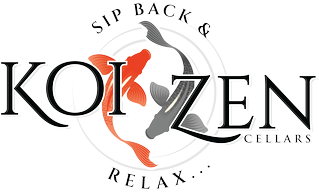“Contains Sulfites” – this little phrase cases a lot of concern and confusion – most of which is inaccurate.
[dc]S[/dc]
ulfites are a naturally occurring molecule that forms in your body and in many foods such as grapes. Sulfites are a natural antimicrobial and help prevent spoilage. Sulfites are widely used in the food industry and as a general sanitizer. Wine without sulfites quickly turns to vinegar.
At the winery, I use a mixture of Potassium Magnesium Sulfate (sulfites) and Citric Acid to form a strong sanitizer. Anything that touches wine is thoroughly sanitized to prevent spoilage. If you ever had a wine that tastes “funky” it was probably the result of poor sanitization. Some wineries don’t use sulfites and use the word “organic” or “natural” for marketing – this is risky because the wine will often not age very long and is prone to spoilage. I would hate to meet an “organic” doctor who didn’t sanitize their equipment prior to use.
So, what is all the fuss about?
A small percentage of the population is extremely sensitive to sulfites and the US had mandated that any wine that contains over 10ppm (parts per million) sulfites be labeled with the words “Contains Sulfites”. For a very rare percentage of people who are hyperallergic, sulfites may induce severe reactions, comas, and death.
But, do sulfites cause headaches?
In general, sulfites do not cause headaches. In the US, wine can contain a maximum of 350ppm of sulfites. This level can typically be found in low-end commercial wines. The maximum sulfites I will use is 60ppm.
A candy bar or soda typically contains 400ppm. Prepared soups – 500ppm. Frozen juices – 750ppm. French fries – 2000ppm and the winner is Dried Fruits with a whopping 3,600ppm.
The takeaway is if you can eat French fries and not get a headache – it probably isn’t the sulfites in the wine – it could be something else though which will be the topic of next week’s blog.
So, wash your hands and don’t fret about sulfites in Koi Zen Cellars wines.
TIP: Inexpensive commercial wines are more likely to cause headaches, check it out next week to learn why.
